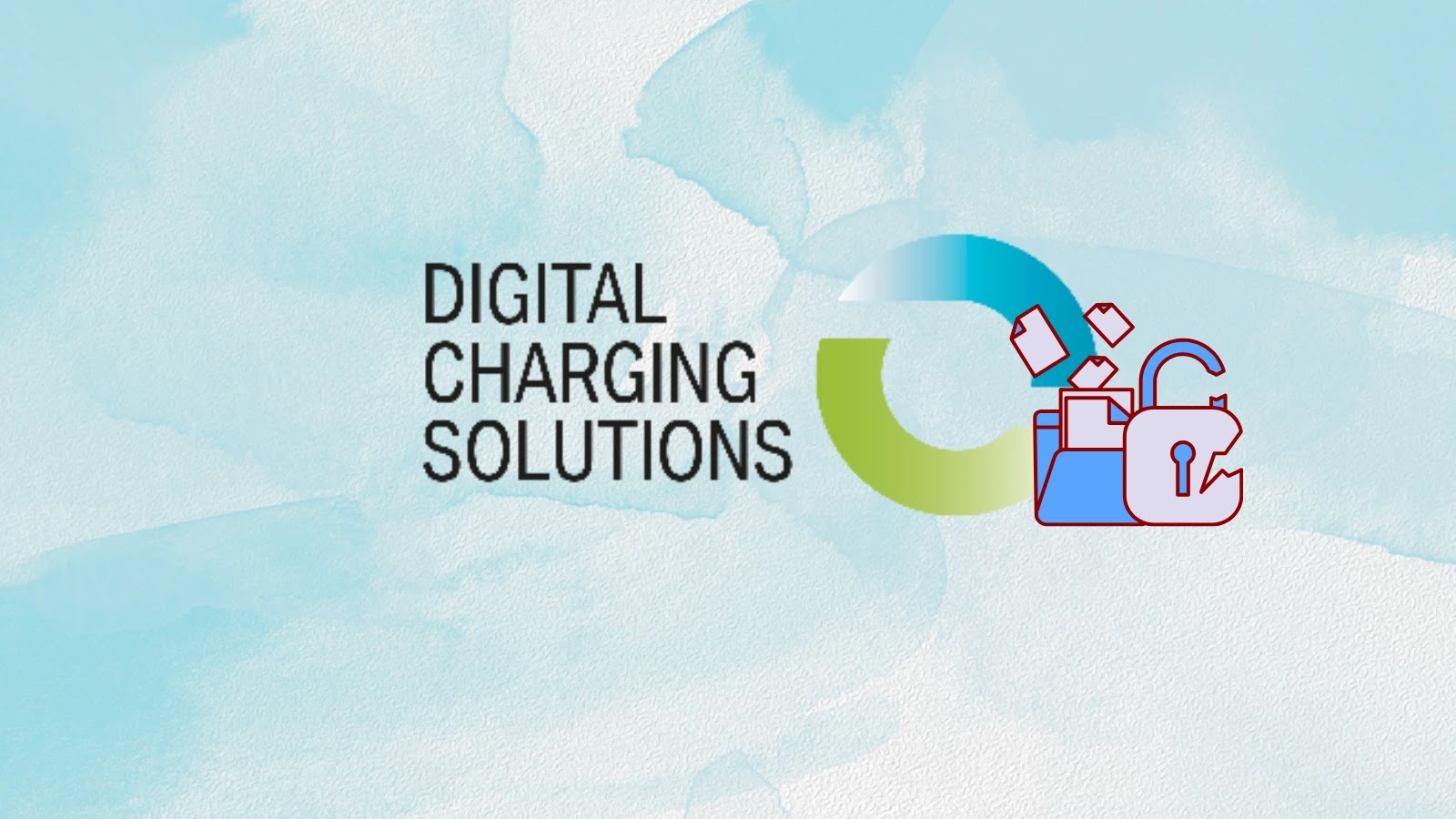
EV Charging Provider Confirm Data Breach – Customers Personal Data Exposed
EV Charging Providers Face Scrutiny as Digital Charging Solutions Confirms Data Breach
In an era defined by increasing reliance on digital infrastructure, the security of personal data remains paramount. The growing adoption of electric vehicles (EVs) brings with it a complex ecosystem of charging networks and service providers. When a company within this ecosystem experiences a security incident, it sends ripples of concern through its customer base and the broader industry. Recently, Digital Charging Solutions GmbH (DCS), a prominent provider of white-label charging services for automotive OEMs and fleet operators, confirmed a data breach, highlighting the critical need for robust cybersecurity practices across all digital services.
This incident, which affected a limited number of DCS customers, underscores the continuous threat landscape faced even by specialized digital service providers. Understanding the nature of such breaches and their implications is crucial for both consumers and industry stakeholders.
Understanding the Digital Charging Solutions Data Breach
The breach at Digital Charging Solutions GmbH involved unauthorized access to personal data. DCS disclosed that the breach occurred within the scope of its customer-support processes. This detail is particularly significant as customer support systems often handle a wealth of sensitive personal information to facilitate problem resolution and service delivery.
The unauthorized access was initially detected through irregularities observed in log data. This proactive monitoring of system logs proved instrumental in identifying the compromise, a testament to the importance of comprehensive logging and anomaly detection in cybersecurity defense strategies. While the exact methods used for unauthorized access have not been detailed, breaches originating from customer support avenues can often stem from phishing attacks, internal vulnerabilities in CRM systems, or compromised credentials.
Impact on Customers and Data Exposure
While DCS has stated that a “limited number” of customers were affected, the nature of the personal data exposed is a key concern. In such incidents, exposed data can typically include:
- Names and contact information: Addresses, email addresses, and phone numbers.
- Account details: Usernames (if distinct from email), potentially hashed passwords, or other authentication tokens.
- Vehicle-related data: Information about the EV, charging history, or payment methods linked to charging services.
For customers whose data was compromised, the risks range from increased susceptibility to phishing attempts and identity theft to unauthorized access to their DCS accounts. Given the integration of DCS’s services with automotive OEMs and fleet operators, the ripple effect of this breach could extend beyond direct DCS customers to individuals using co-branded or white-label charging services.
The Importance of Log Data Monitoring
The DCS breach highlights the critical role of vigilant log data monitoring in modern cybersecurity. Log data, which records events within an operating system or software application, serves as a digital forensics goldmine. Anomalies in these logs, such as unusual activity patterns, access from unknown IP addresses, or failed login attempts, can often be the first indicators of a security compromise.
Effective log management strategies involve:
- Centralized logging: Aggregating logs from various systems into a single platform.
- Real-time analysis: Utilizing Security Information and Event Management (SIEM) systems to analyze logs for suspicious patterns.
- Alerting mechanisms: Configuring automated alerts for predefined security events or anomalies.
- Retention policies: Ensuring logs are retained for sufficient periods to support forensic investigations.
The detection of this incident through log data irregularities serves as a strong reminder for organizations to invest in robust logging infrastructure and skilled analysts capable of interpreting these crucial data streams.
Remediation Actions for Individuals
For individuals concerned about the Digital Charging Solutions data breach, immediate and proactive steps are essential to mitigate potential risks:
- Change Passwords: If you are a DCS customer, or use any charging service powered by DCS, immediately change your password. Crucially, do not reuse this password on any other online service.
- Enable Multi-Factor Authentication (MFA): If MFA is not already enabled for your DCS account or any associated accounts, activate it without delay. MFA adds a critical layer of security beyond just a password.
- Monitor Financial Statements: Regularly review bank, credit card, and other financial statements for any unusual or unauthorized activity.
- Be Wary of Phishing Attempts: Cybercriminals often capitalize on data breaches by sending targeted phishing emails or messages. Be extremely cautious of any unsolicited communications claiming to be from DCS or related entities, especially those asking for personal information or demanding urgent action.
- Review Account Activity: Periodically check your DCS account for any unfamiliar charging sessions or changes to your personal details.
- Consider Identity Theft Protection: If you are particularly concerned, consider signing up for an identity theft protection service that monitors your credit and personal information.
While DCS will likely communicate directly with affected customers, taking these proactive steps can significantly reduce your exposure to follow-on attacks.
Broader Implications for EV Charging Ecosystem Security
The incident at Digital Charging Solutions underscores a broader truth: any interconnected digital service is a potential target. As the EV charging infrastructure expands rapidly, integrating with automotive systems, payment gateways, and personal devices, the attack surface grows. This breach serves as a vital reminder for the entire EV charging ecosystem to:
- Prioritize Security by Design: Embed security considerations from the initial design phase of new services and infrastructure.
- Conduct Regular Security Audits: Implement frequent penetration testing, vulnerability assessments, and compliance audits.
- Enhance Vendor Risk Management: For OEMs and fleet operators using third-party charging services, thorough vetting and continuous monitoring of vendor security postures are paramount.
- Invest in Employee Training: Human error remains a significant factor in security breaches. Regular and comprehensive cybersecurity training for all employees, especially those in customer-facing and support roles, is critical.
Conclusion
The confirmation of a data breach by Digital Charging Solutions GmbH is a stark reminder that no digital service is impervious to cyber threats. While the full extent of the incident is investigated, it emphasizes the importance of robust cybersecurity measures, vigilant monitoring, and swift remediation actions for organizations, and proactive security hygiene for individuals.
As the electric vehicle revolution continues its trajectory, the security of its underlying digital infrastructure must evolve in tandem, ensuring that convenience and sustainability are not compromised by vulnerabilities.





